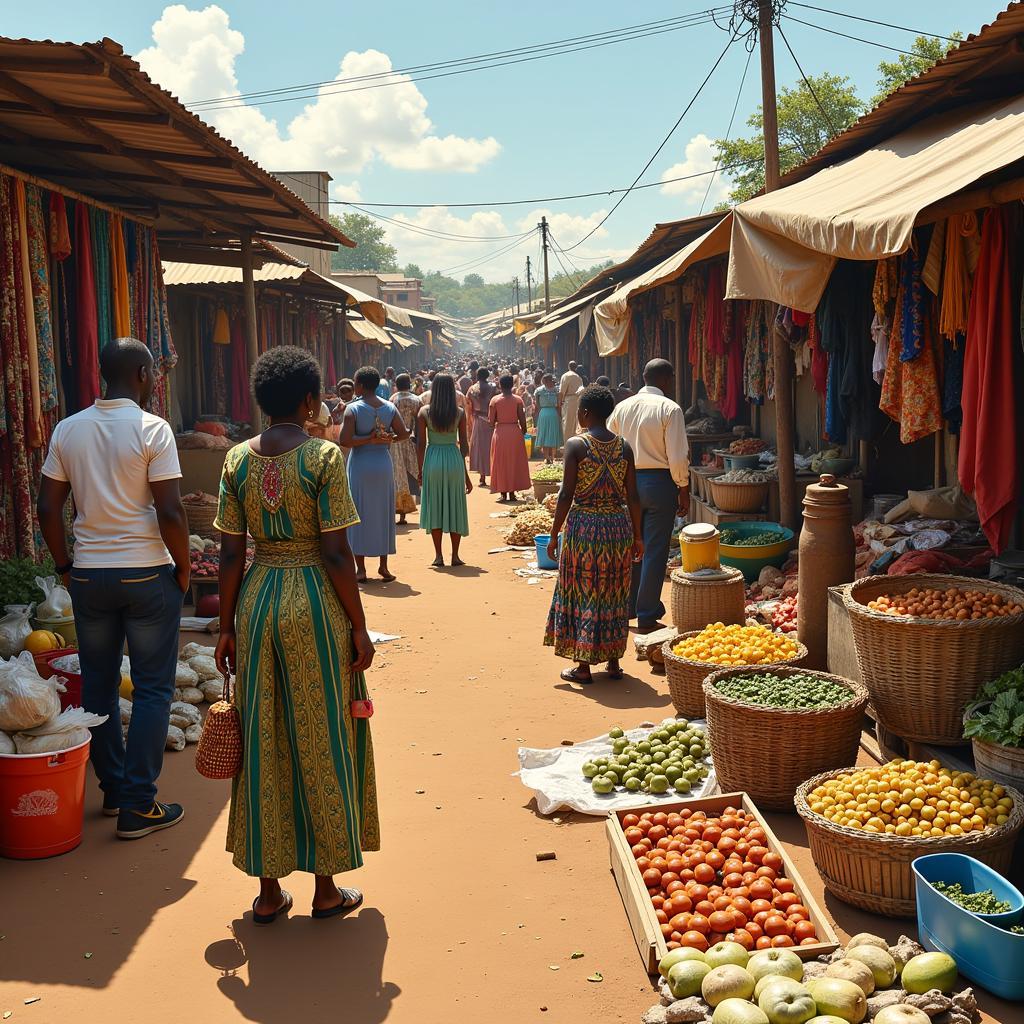Exploring African Hives and Bees: A Journey into Apian Diversity
African hives and bees present a fascinating world of diversity, crucial to the continent’s ecosystems and livelihoods. From the bustling hives of the savannah to the forests teeming with unique bee species, understanding their role is key to appreciating Africa’s natural heritage.
The world of African bees extends far beyond the familiar honeybee. This vast continent hosts a remarkable variety of bee species, each with unique behaviors, hive structures, and ecological roles. Their impact on pollination, honey production, and even local cultures makes them a subject worth exploring. Let’s delve into the intricate world of African hives and bees, discovering their secrets and significance. After this introduction, you’ll find more about the africanized honey bee.
The Diversity of African Bee Species
Africa is home to a wide array of bee species, going far beyond the commonly known Apis mellifera. From stingless bees like Meliponula ferruginea to carpenter bees like Xylocopa flavorufa, each species contributes to the rich tapestry of African biodiversity. These bees occupy diverse habitats, from the arid deserts to lush rainforests, adapting to the specific challenges of each environment. Their diverse nesting habits, foraging preferences, and social structures offer a unique insight into the complex world of African bees.
Traditional African Hive Designs
Traditional African hives reflect the ingenuity and resourcefulness of local communities. Unlike the standardized Langstroth hives commonly used in Western beekeeping, traditional hives utilize locally available materials such as clay, logs, bark, and woven grass. These hives often have unique designs, varying from simple cylindrical structures to more complex shapes tailored to specific bee species and environmental conditions. This section explores the variety of traditional hive designs across different regions of Africa and the cultural significance they hold.
The Importance of Bees to African Ecosystems
Bees play a vital role in maintaining the health and productivity of African ecosystems. As primary pollinators, they facilitate the reproduction of countless plant species, including many crucial for food security and economic stability. The diversity of African bee species ensures effective pollination across a wide range of plant life, contributing to the overall biodiversity of the continent. Understanding their role in pollination is essential for developing sustainable agricultural practices and preserving Africa’s natural heritage. Did you know about the african honey bird? These birds have a unique symbiotic relationship with certain bee species.
Challenges Facing African Bees
Despite their vital role, African bee populations face numerous challenges, including habitat loss, pesticide use, and climate change. These pressures threaten not only the bees themselves but also the ecosystems and livelihoods they support. Understanding these challenges is crucial for implementing effective conservation strategies.
The Cultural Significance of Bees and Honey in Africa
Bees and honey hold a deep cultural significance in many African societies. Honey is not only a valuable food source but also plays a role in traditional medicine, religious ceremonies, and social customs. The practice of beekeeping is often intertwined with local traditions, passed down through generations. This section explores the diverse cultural connections between humans and bees across the continent.
Modern Beekeeping Practices in Africa
While traditional beekeeping methods remain prevalent, modern beekeeping practices are also gaining traction across Africa. The introduction of Langstroth hives and other modern techniques has the potential to increase honey production and improve the livelihoods of beekeepers. However, it is crucial to ensure that these modern practices are implemented sustainably, considering the specific needs of African bee species and the local environment. The african killer bees present unique challenges for beekeepers.
Conclusion
African hives and bees represent a crucial part of the continent’s biodiversity and cultural heritage. From the diverse species and traditional hive designs to the challenges they face and their cultural significance, understanding African bees is vital for both ecological conservation and sustainable development. By appreciating and protecting these remarkable creatures, we can ensure a thriving future for both bees and the communities that rely on them. More information on the scientific name can be found if you search for the african honey bee scientific name.
FAQ
- What are the most common types of bees found in Africa?
- How are traditional African hives made?
- What is the role of bees in African agriculture?
- What are the main threats to African bee populations?
- How is honey used in African cultures?
- What are the benefits of modern beekeeping in Africa?
- How can I support bee conservation efforts in Africa?
Situations related to bee hives
Beehive removal, Bee sting first aid, Protecting crops from bee damage, Establishing a beehive, Bee swarm capture and relocation.
Related Articles
Beekeeping for beginners, African bee species identification, Traditional African beekeeping methods, The impact of climate change on African bees, Honey recipes from Africa.
Need help with African bees or hives? Contact us 24/7! Phone: +255768904061, Email: kaka.mag@gmail.com or visit us in Mbarali DC Mawindi, Kangaga, Tanzania. We’re here to assist with any inquiries you might have. For those in Palm Beach County, Florida, you may find assistance for african bee extermination palm beach fl.


